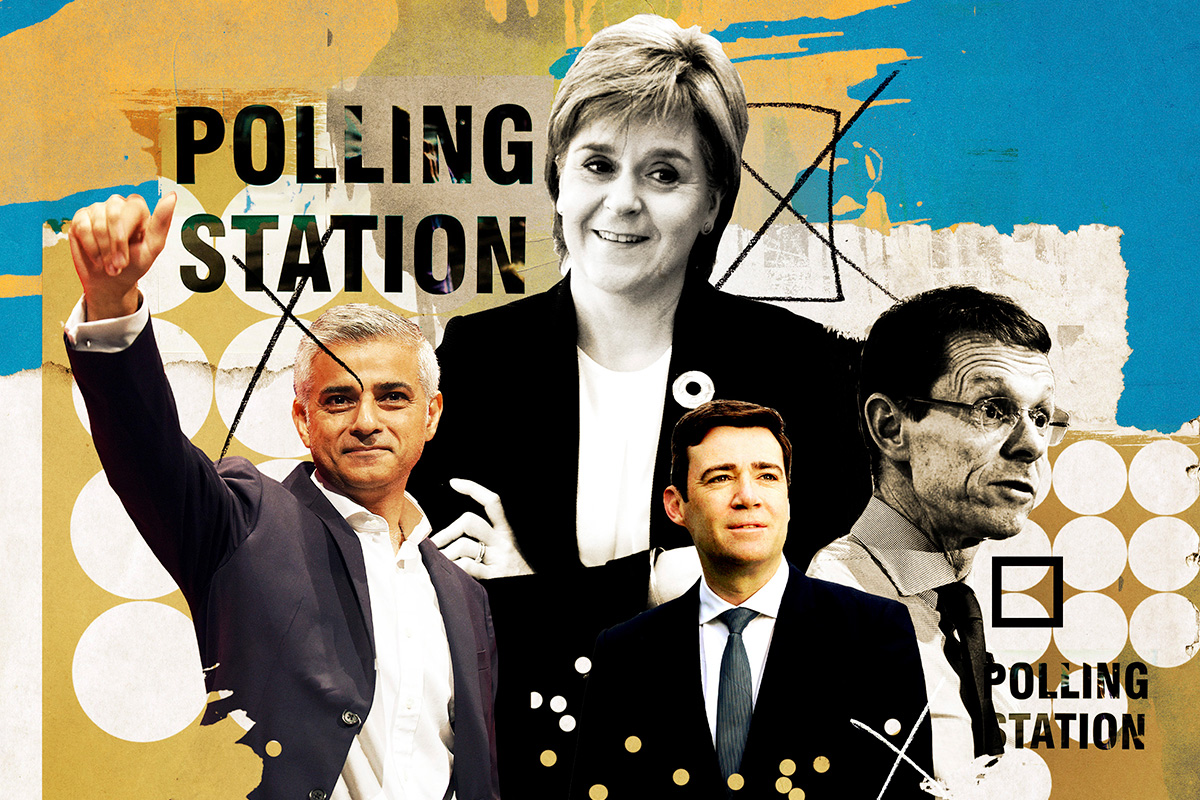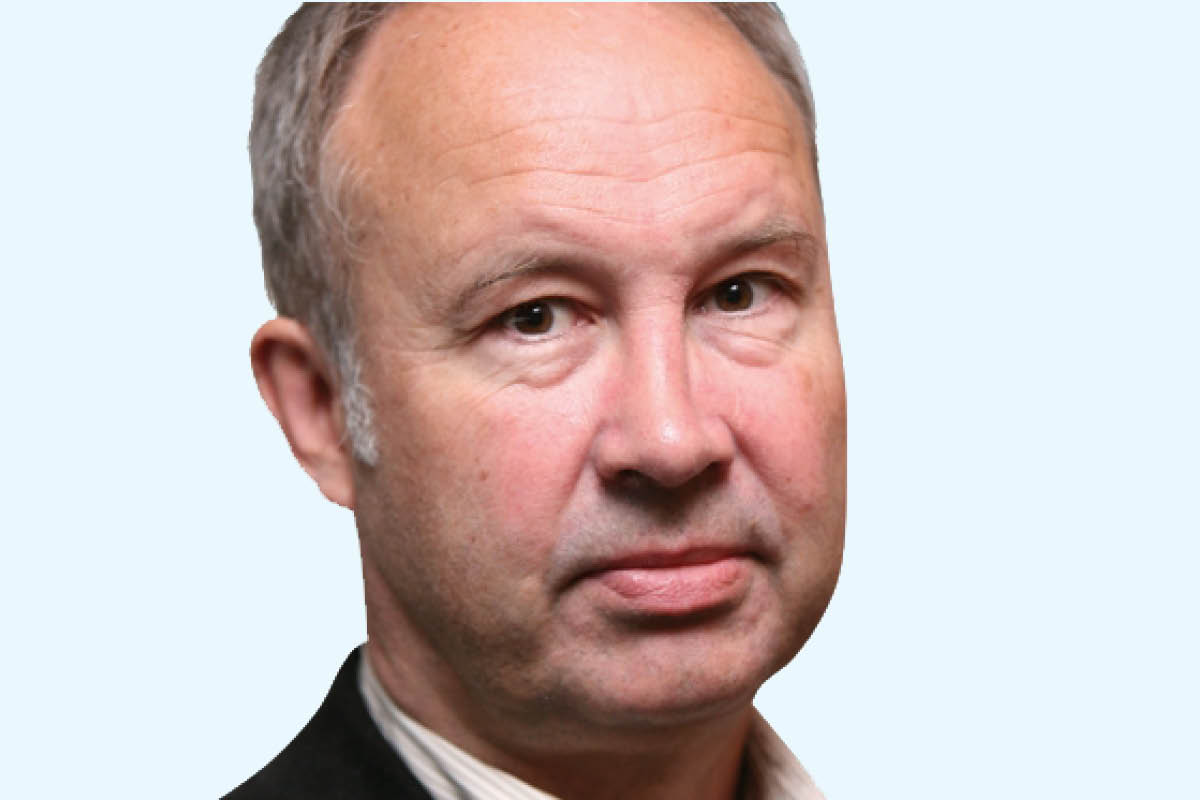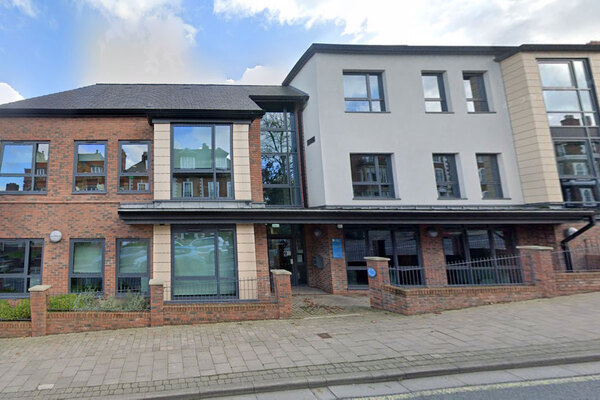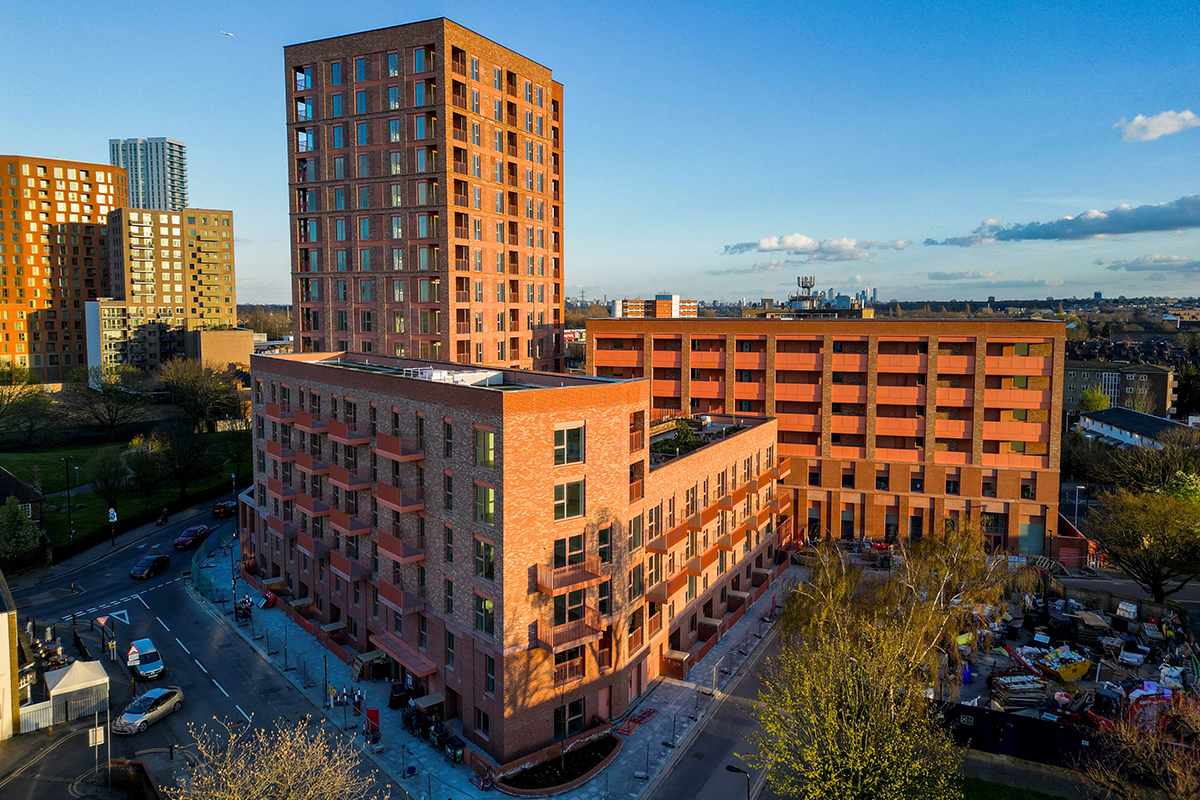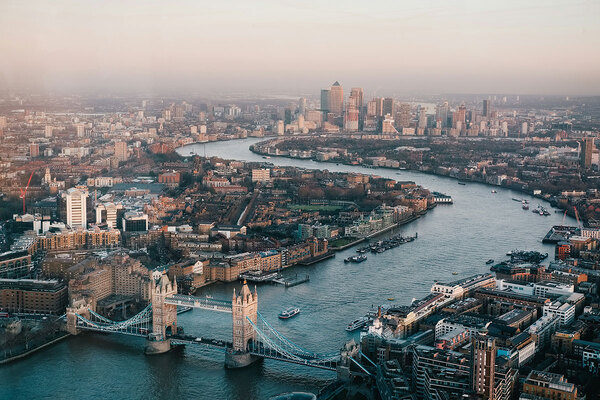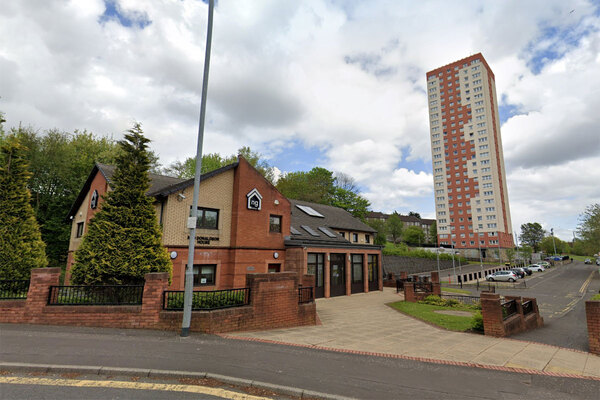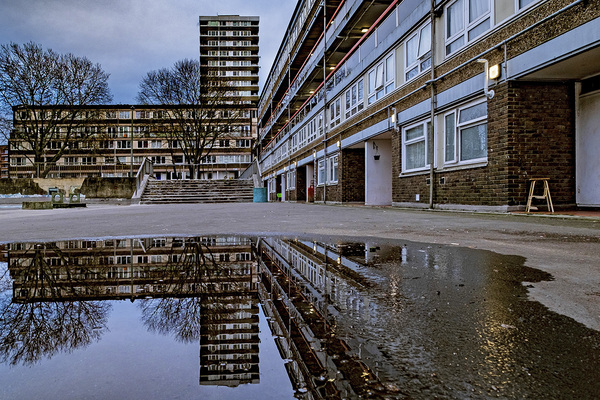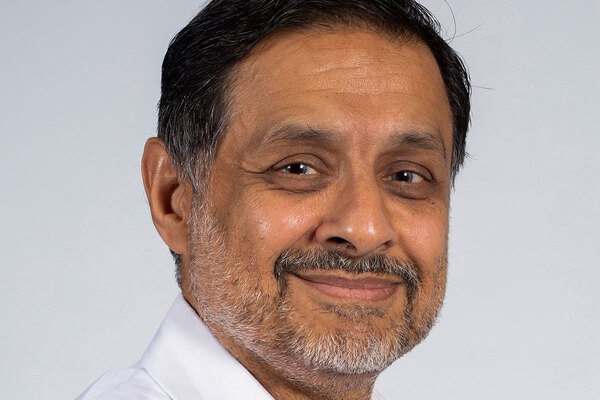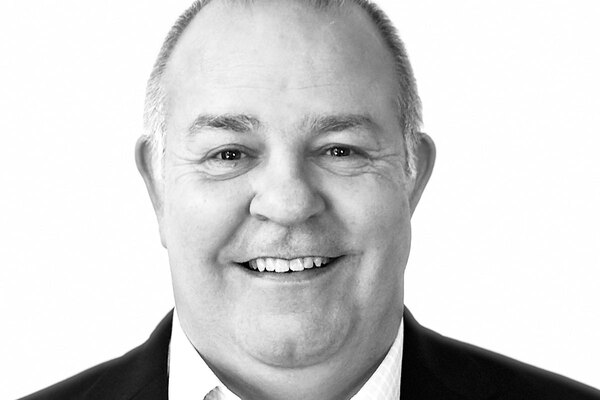You are viewing 1 of your 1 free articles
Local elections 2021: the key candidates’ housing promises
Housing will be a key policy area for the candidates taking part in the upcoming local elections. Inside Housing’s news team dissects each manifesto to uncover the housing pledges being made. Illustration by Eleanor Shakespeare
Next month will see millions of people take to the ballot box again, this time in the latest round of local elections. For Scotland and Wales this means voting to decide who will lead their parliaments for the next four years. In England, citizens will be voting on local councillors and which mayors they want to lead city regions across the country.
Once again, housing will be a key policy area for those battling out for votes. Inside Housing runs through the key candidates and their housing pledges.
Scotland
“There are three big issues for social landlords in Scotland,” Sally Thomas, chief executive of the Scottish Federation of Housing Associations (SFHA), tells Inside Housing ahead of next month’s Scottish elections. “Delivering homes – and that’s the combination of new build and existing stock – climate change, and poverty and inequality.”
To deliver on these three priority areas, the SFHA is asking for a number of commitments from the next Scottish government, including a £3.4bn new build programme that will deliver roughly 53,000 affordable homes over the five-year parliamentary term with higher grant rates than are currently in place. They also want to see the fuel poverty and energy efficiency funding increased to £244m for the current financial year.
Overall, the social housing sector will likely be pleased with what it is hearing from the parties on housing so far – at least when it comes to housing delivery.
The Scottish National Party (SNP), which is widely expected to remain the largest party following next month’s election, recently laid out its long-term housing ambitions as part of its Housing to 2040 document. This included a promise to deliver 100,000 affordable homes over the next decade. The government has also already committed to a £3.5bn grant programme over the next parliament, which is slightly more funding than the SFHA has asked for.
“Housing has been a priority for the SNP since we were first elected, and if returned to government on 6 May, housing will remain at the top of our agenda,” current Scottish housing minister Kevin Stewart tells Inside Housing.
The Scottish Conservatives’ manifesto also includes grand development plans, with a commitment to build 60,000 affordable homes over the next five years, of which 40,000 would be for social rent.
“We are setting bold targets for the next Scottish parliament to launch the biggest social housing drive since devolution began and to restore the construction sector to the housebuilding levels we saw pre-SNP and pre-financial crash,” the party’s leader, Douglas Ross, said when he announced the pledge.
Meanwhile, Scottish Labour has said it wants to build 12,000 social rent homes per year, which would equate to almost 50,000 social rent homes over the five-year parliamentary period.
Wales
The most recent parliamentary term has seen social housing investment increase significantly. In 2016 it was just £68m; that has now increased to £250m in the latest Budget.
Clarissa Corbisiero, deputy chief executive at Community Housing Cymru (CHC), tells Inside Housing that she wants that investment to continue to grow. It is one of the key asks in CHC’s manifesto, which lays out the commitments it would like political parties in Wales to make, and is “based on the premise that where we live has never been more important for how we live”.
The asks include a £1.5bn investment in 20,000 new social homes and a £4bn stimulus package to increase the energy efficiency of social housing.
The incumbent Welsh Labour’s manifesto commits to creating green jobs through a “low-carbon housebuilding revolution” that includes a pledge to build 20,000 low-carbon homes for social rent.
Current Welsh housing minister Julie James has previously said she sees the 20,000 as a “floor” rather than a “target” and would like to see the government deliver more social homes “if we can make it”.
Meanwhile, Laura Anne Jones, Welsh Conservative shadow minister for housing, tells Inside Housing that the party will “work with local people to build 100,000 new homes in the right places over the next 10 years” while also restoring the Right to Buy in Wales and scrapping “the unnecessary stamp duty for first-time buyers”.
Plaid Cymru’s manifesto says the party will commit to “the biggest public housebuilding programme for 50 years”, which includes a pledge to deliver 50,000 “public homes” over the next parliamentary period. This includes 30,000 for social rent and 5,000 for intermediate rent.
London
Housing will likely be a key voting issue when Londoners decide on their next mayor, with a much greater proportion living in the private rented sector compared to the rest of England and homelessness a major problem. The mayor has significant devolved influence over housing in the capital, with the ability to dictate planning policy and grant spending.
Labour incumbent Sadiq Khan is the clear bookies’ favourite to secure a second term, and his campaign has been keen to make much of the fact that more new council homes were started in London in 2019 than in any year since 1983. If re-elected, he has pledged to build 10,000 more, as well as to explore a possible new fund to help local authorities buy back homes sold under the Right to Buy. As well as existing policies to prioritise key workers for intermediate tenures and lobby ministers for private rent control powers, in mid-April, Mr Khan unveiled plans to set up a new City Hall-owned developer to deliver affordable housing.
But competing candidates have attacked Mr Khan for so far delivering less than half of the 116,000 affordable housing starts he initially promised by 2022 – pushed back to 2023 because of the coronavirus pandemic.
His Conservative rival, Shaun Bailey, has an idea that is not dissimilar to the City Hall developer plan. He wants to set up a new advisory body branded Housing for London (HfL). Funded through the Affordable Homes Programme, this body would identify sites for regeneration – prioritising council estates – then set up mayoral development corporations like that used for the Olympic site to deliver the schemes.
Mr Bailey hopes HfL would “streamline” housebuilding in London and help him meet his commitment to build 100,000 shared ownership homes available for £100,000, requiring only a £5,000 deposit.
Liberal Democrat hopeful Luisa Porritt also wants to set up a City Hall-backed developer – which she is calling a London Housing Company. The company would focus on bringing empty homes back into use and building on public land. Like a housing association, it would utilise grant to deliver affordable housing and reinvest any profits into building more.
Green candidate Sian Berry has put housing front and centre of her campaign, with an eight-page manifesto. Among the policies is a promise to stop using grant to fund shared ownership or affordable rent homes, and focus only on lower-cost rented tenures.
Candidates
Cambridgeshire and Peterborough
Conservative (inc): James Palmer
Labour: Nik Johnson
Liverpool City Region
Labour (inc): Steve Rotheram
Conservative: Jade Marsden
Tees Valley
Conservative (inc): Ben Houchen
Labour: Jessie Joe Jacobs
West of England
Conservative (inc): Samuel Williams
Labour: Dan Norris
West Yorkshire (new role)
Conservative: Bob Buxton
Labour: Tracy Brabin
Bristol
Labour (inc): Marvin Rees
Conservative: Alastair Watson
Doncaster
Labour (inc): Ros Jones
Conservative: James Hart
Liverpool
Labour (inc): Joanne Anderson
Conservative: Katie Burgess
North Tyneside
Labour (inc): Norma Redfearn
Conservative: Steven Robinson
Salford
Labour (inc): Paul Dennett
Conservative: Arnie Saunders
West Midlands
Affordable housing provision is sure to be a key issue as voters head to the polls to elect the next mayor of the West Midlands. The region has been hit hard by the COVID-19 pandemic and is anticipating that in Birmingham during the summer, 500 more homeless families will require housing in the city than in the previous year.
Andy Street is the Conservative incumbent after his tight victory in 2017, picking up a 50.4% majority in the second round of voting. During his time in office, there have been 48,098 homes built in the region. He has championed a “brownfield-first approach”, which has seen housing built on many of the West Midlands’ unused industrial sites. He is pledging to continue this initiative if re-elected, with more than £400m of new government funding to go towards the scheme.
The former John Lewis boss is also looking to secure an affordable housing deal with the government as part of the West Midlands’ allocation of the government’s £11.5bn Affordable Homes Programme. He has committed to a mass programme to retrofit homes in the region in order to improve energy efficiency and reduce fuel bills.
But when it comes to affordable housing, Mr Street’s critics say that his policies have not gone far enough,
highlighting that homes built on brownfield sites remain inaccessible to those on modest incomes.
His Labour opponent, Liam Byrne – the current MP for Birmingham Hodge Hill – has also pledged to put brownfield sites first in order to protect the green belt.
If elected, he is proposing to create a new mayoral structure, called the Green Energy Transport and Housing Agency (GrETHA), in order to push the green transition and green job creation. This new agency will be equipped with £500m of unspent borrowing capacity and will work to – among other things – double the construction of affordable green housing and retrofit homes with energy efficiency.
Mr Byrne, who was formerly chief secretary to the Treasury under Gordon Brown, also hopes to push the government to devolve the Green Homes Grant.
In numbers
48,000
Homes built in West Midlands during Andy Street’s time in office
63.4%
Percentage of popular vote that Greater Manchester mayor Andy Burnham won in 2017
Greater Manchester
Incumbent Andy Burnham is the heavy favourite to stay on as mayor of Greater Manchester. In 2017 he won 63.4% of the popular vote and it is expected that his support will remain, particularly after his stance against the government during the region’s pandemic-induced lockdown.
Since he was elected in 2017, homelessness and tackling rough sleeping in the region have been key issues for him. He started by announcing that he would donate 15% of his salary to tackling homelessness in Manchester and he also launched the A Bed Every Night scheme in 2018, which aimed to provide Manchester’s rough sleepers with a bed, and has seen 2003 people supported and 688 moved into secure accommodation.
However, Mr Burnham has missed the target he set in his 2017 manifesto, in which he pledged to end rough sleeping in the area. Disagreements and delays to the Greater Manchester Spatial Framework, the 20-year plan for development in Manchester, have also dogged Mr Burnham’s time as mayor.
This time around, his policies include a programme of home improvement and building 50,000 new affordable homes, including 30,000 that will emit zero carbon. To do this, he has called for more powers for the region to borrow and build. Other policy pledges include a call for local authorities to be able to suspend the Right to Buy, a £1.5m ‘good landlords scheme’ aimed at driving up standards in the private rented sector, and a long-term homelessness prevention strategy.
His main rival will be Conservative candidate Laura Evans. She is a former cabinet member for Trafford Borough Council, where she spent time as executive member for communities and housing, and she has listed protecting the green belt as one of her key pledges. She has also vowed to build homes people can afford and ensure that they are in places with schools, roads and healthcare facilities.
Simon Lepori is the Liberal Democrat candidate and he has vowed to come up with a housing plan “that puts people first, not developers”.
Sign up for the IH long read bulletin
Already have an account? Click here to manage your newsletters
